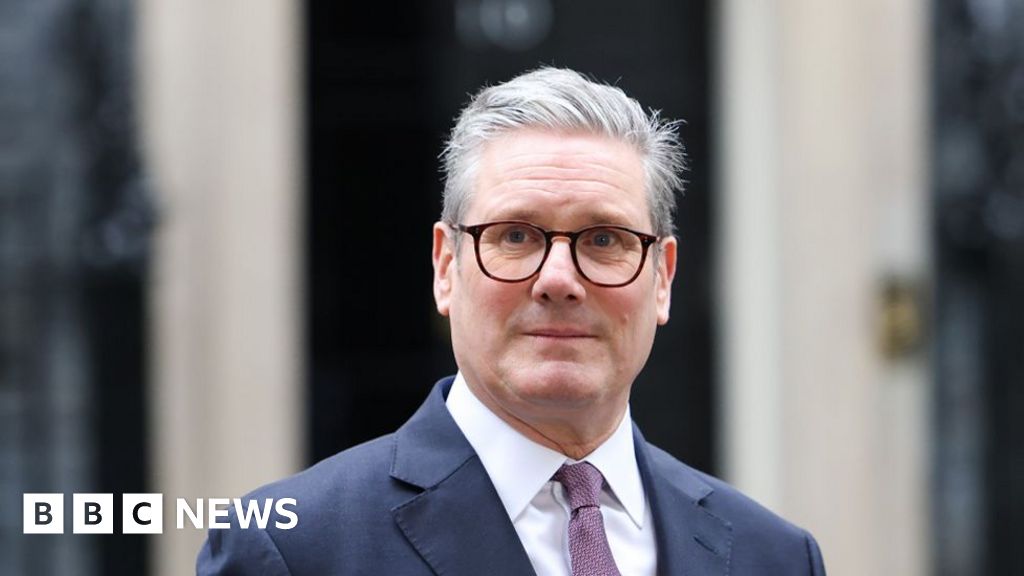Unlock the Editor’s Digest for free
Roula Khalaf, Editor of the FT, selects her favourite stories in this weekly newsletter.
North Korea blew up parts of two inter-Korean roads on Tuesday, Seoul has said, as tensions rise on the divided peninsula.
The symbolic detonations, the first of their kind, follow an announcement by the North Korean military last week that it would sever road and rail links to the south as a “self-defensive measure for inhibiting war”, after a series of joint military exercises by South Korea and the US in August.
South Korea, which fired warning shots just short of the border after the detonations, called the explosions a very “abnormal” act.
The explosions also come after North Korea accused South Korea of sending drones over its capital Pyongyang last week, an act described by leader Kim Jong Un as “the enemy’s serious provocation”.
“The moment that a drone of [South Korea] is discovered in the sky over our capital city once again it will certainly lead to a horrible disaster,” Kim’s sister Kim Yo Jong said in a statement on Sunday.
Seoul has neither confirmed nor denied the North Korean allegations that it sent drones. “If North Korea inflicts harm on our people, that will spell the end of the regime,” South Korea’s defence ministry said in a statement on Sunday.
While analysts say the drones may have been sent by anti-regime campaigners based in South Korea rather than the South Korean government itself, Seoul may have been motivated by a desire to respond to the thousands of rubbish-filled balloons that have been sent over the border from the north this year.
“It’s plausible that Seoul decided it was time to send something back,” said Peter Ward, a research fellow at the Sejong Institute think-tank in Seoul.
North Korea’s decision to start destroying road and rail links between the two Koreas comes after Kim Jong Un renounced his country’s long-standing objective of eventual reunification with the south.
In January, Kim told North Korea’s Supreme People’s Assembly that South Korea was his country’s “principal enemy” and its citizens should no longer be regarded as “fellow countrymen” as he ordered officials to close state agencies dedicated to unification and inter-Korean tourism.
Since then, the North Korean military has removed parts of railway lines on the northern side of the demilitarised zone dividing the peninsula, as well as installing landmines and anti-tank barriers.
“For Pyongyang, the destruction of the roads serves as a dramatic spectacle, both for a foreign audience and for a domestic audience, of their hostility and displeasure with the south,” said Ward.
“But it allows them to do so in such a way that grabs attention without inviting a military response,” he added. “Because in the end all they are doing is destroying their own roads, and if they want to rebuild them one day, the one thing they have plenty of is concrete.”
Credit: Source link











